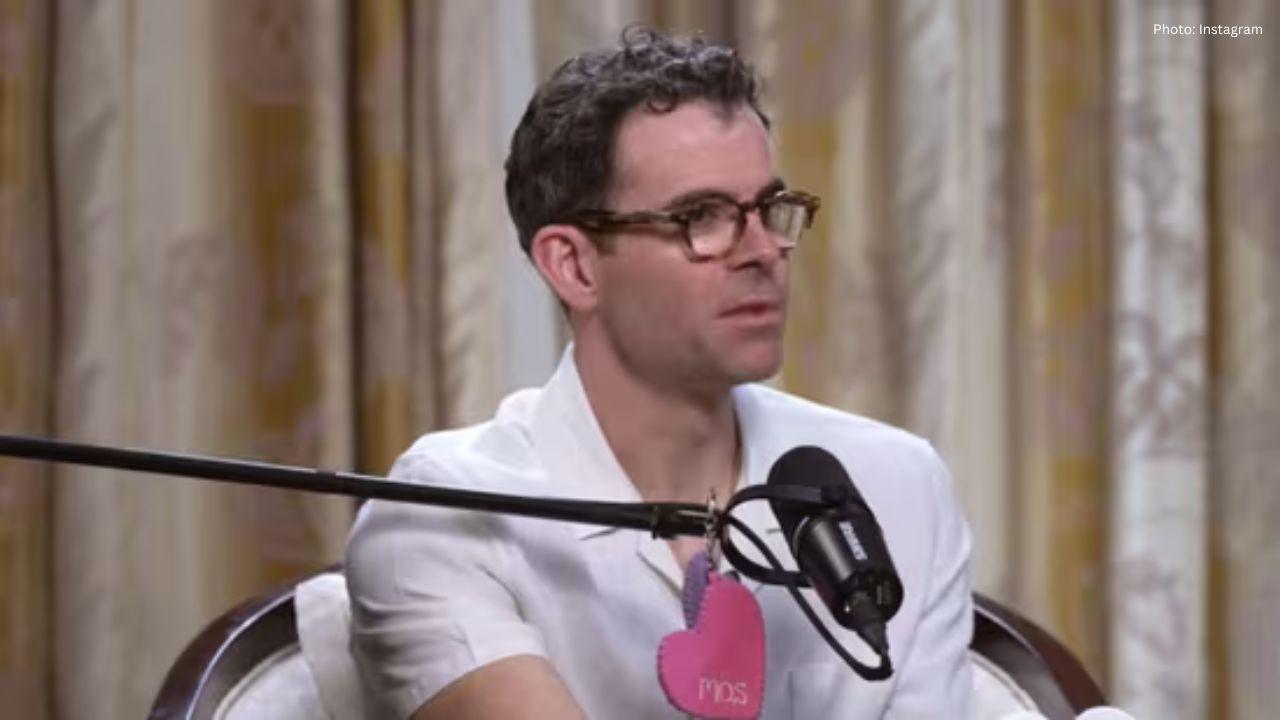You have not yet added any article to your bookmarks!

Join 10k+ people to get notified about new posts, news and tips.
Do not worry we don't spam!

Post by : Anis Farhan
For centuries, human beings have been fascinated by the possibility of extending life far beyond what nature intended. Ancient myths spoke of immortality, while alchemists searched for elixirs that could defy aging. Today, modern science is pushing this dream into the realm of possibility. With advancements in biotechnology, gene editing, cellular regeneration, and medical therapies, some experts believe humans may not only extend average lifespans but also live healthily into ages once thought impossible—perhaps even 120 years or more.
Aging is a biological process tied to cellular damage, genetic mutations, and the gradual decline of systems that maintain balance in the body. Cells lose their ability to divide properly, DNA accumulates damage, and telomeres—the protective caps at the ends of chromosomes—shorten with each division. Over time, this leads to organ deterioration, weakened immunity, and vulnerability to diseases like cancer, Alzheimer’s, and heart failure.
Scientists argue that aging is not an unavoidable destiny but a condition that can be slowed, managed, or potentially reversed. The key lies in understanding what drives aging at the molecular level and how it can be manipulated.
Several fields of science are converging to make longer, healthier lives more feasible:
Genetics and Epigenetics
Researchers have identified "longevity genes" that regulate lifespan. For example, variants of the FOXO3 gene are linked to longer lives in some populations. Epigenetic research also shows how lifestyle choices like diet, exercise, and stress affect how genes behave. Scientists are now exploring ways to “switch off” genes that promote aging while activating protective ones.
Telomere Therapy
Telomeres shorten as cells divide, acting as a biological clock. Experimental therapies aim to restore telomere length, giving cells a kind of rejuvenation. While still early in development, this approach has shown promise in lab animals.
Stem Cell and Regenerative Medicine
Stem cells can regenerate damaged tissues, opening possibilities for repairing organs, reversing degenerative diseases, and even re-growing parts of the body. Advances in tissue engineering could make it possible to replace failing body parts, significantly extending healthspan.
Senolytics
Senescent cells are damaged cells that no longer divide but still linger in the body, contributing to inflammation and aging. Senolytic drugs target and eliminate these “zombie cells,” potentially slowing down age-related decline.
AI and Longevity Research
Artificial intelligence is accelerating drug discovery and helping identify compounds that can extend lifespan. AI models simulate biological aging processes, offering faster insights than traditional lab studies.
While futuristic therapies grab headlines, everyday habits remain the strongest predictors of long life. Studies of Blue Zones—regions where people often live past 100—show common lifestyle traits:
Plant-rich diets with limited processed food
Strong social connections
Moderate daily physical activity
Stress-reducing practices like meditation or prayer
Limited smoking and alcohol use
These simple, low-tech habits already add decades of healthy life and may form the foundation on which scientific interventions build.
Despite optimism, there are challenges that science has yet to fully solve:
Disease Resistance – Even if we slow aging, diseases like cancer adapt and may still find ways to thrive.
Brain Health – Extending lifespan means keeping the brain sharp; dementia remains a major obstacle.
Ethical Dilemmas – Who will have access to longevity treatments? Will only the wealthy live past 120?
Environmental Stress – Pollution, stress, and modern lifestyles may counteract biological advances.
Overpopulation Concerns – A world where people live much longer could face resource shortages and social strain.
The vision of 120-year lifespans is not about simply adding years but about extending healthspan—living longer without chronic illness or frailty. Some futurists believe that by the end of this century, lifespans could routinely exceed 100, with many people living to 120 or beyond in good health.
Governments and private investors are already pouring billions into longevity biotech. Companies in Silicon Valley and research hubs in Japan, Europe, and Singapore are racing to develop drugs, gene therapies, and AI-driven healthcare solutions aimed at dramatically extending human life.
If these efforts succeed, aging may one day be seen not as a natural process but as a medical condition that can be treated.
Can we really live to 120? The science suggests that it’s not only possible but increasingly probable within the next few generations. From cellular rejuvenation to lifestyle science, the tools are being assembled. Yet living longer will also demand societal adaptations—rethinking retirement, healthcare, and intergenerational responsibility.
The dream of extreme longevity is no longer confined to science fiction. It is a frontier where biology, technology, and ethics intersect, shaping a future in which reaching 120 may not be the exception but the norm.
This article is intended for informational purposes only. It is not medical advice. Readers are encouraged to consult healthcare professionals before considering any medical treatment, therapy, or lifestyle changes mentioned here.










Rashmika Mandanna, Vijay Deverakonda Set to Marry on Feb 26
Rashmika Mandanna and Vijay Deverakonda are reportedly set to marry on February 26, 2026, in a priva

FIFA Stands by 2026 World Cup Ticket Prices Despite Fan Criticism
FIFA defends the high ticket prices for the 2026 World Cup, introducing a $60 tier to make matches m

Trump Claims He Ended India-Pakistan War, Faces Strong Denial
Donald Trump says he brokered the ceasefire between India and Pakistan and resolved eight wars, but

Two Telangana Women Die in California Road Accident, Families Seek Help
Two Telangana women pursuing Master's in the US died in a tragic California crash. Families urge gov

Ranveer Singh’s Dhurandhar Roars Past ₹1100 Cr Worldwide
Ranveer Singh’s Dhurandhar stays unstoppable in week four, crossing ₹1100 crore globally and overtak

Asian Stocks Surge as Dollar Dips, Silver Hits $80 Amid Rate Cut Hopes
Asian markets rally to six-week highs while silver breaks $80, driven by Federal Reserve rate cut ex